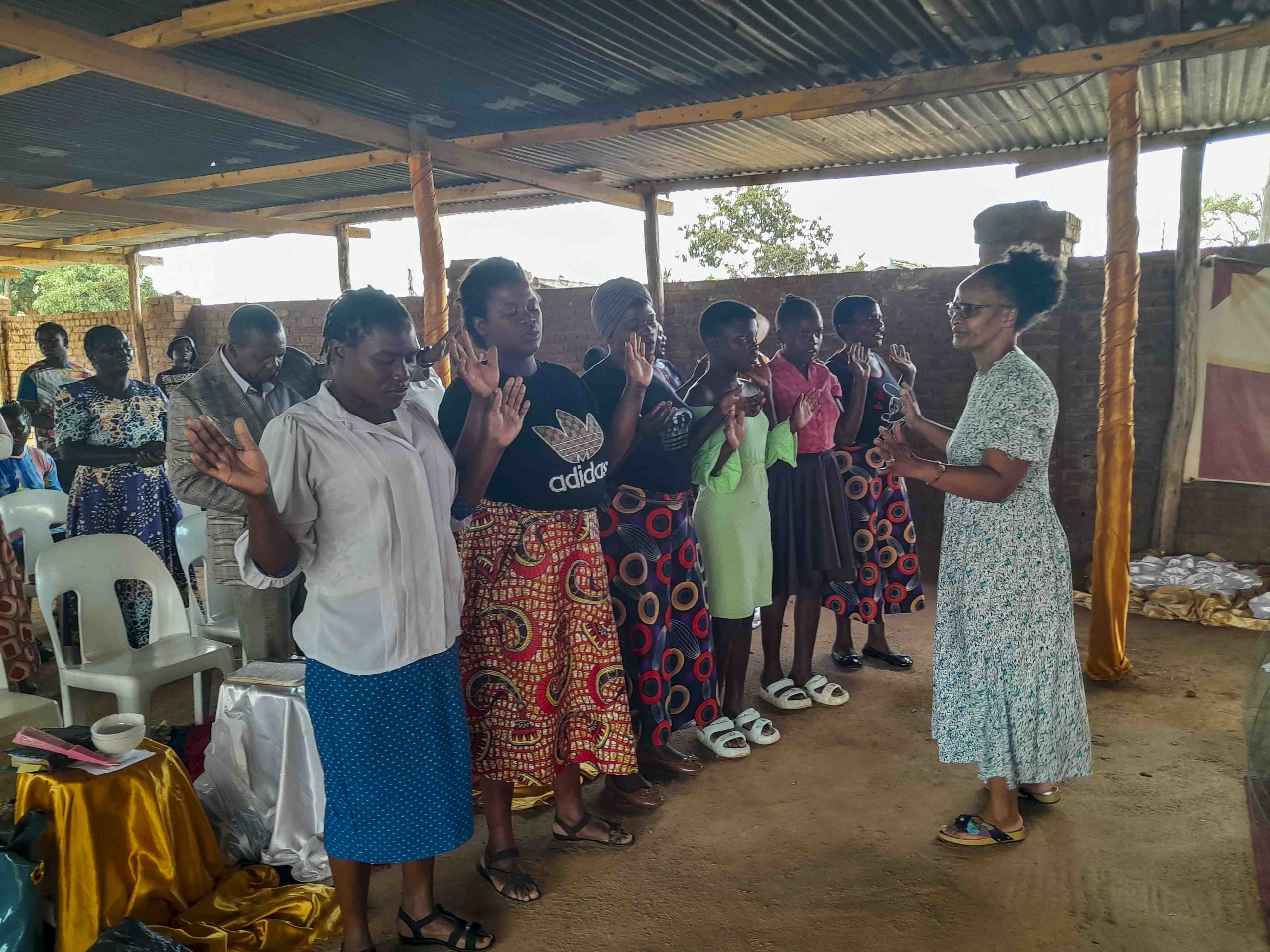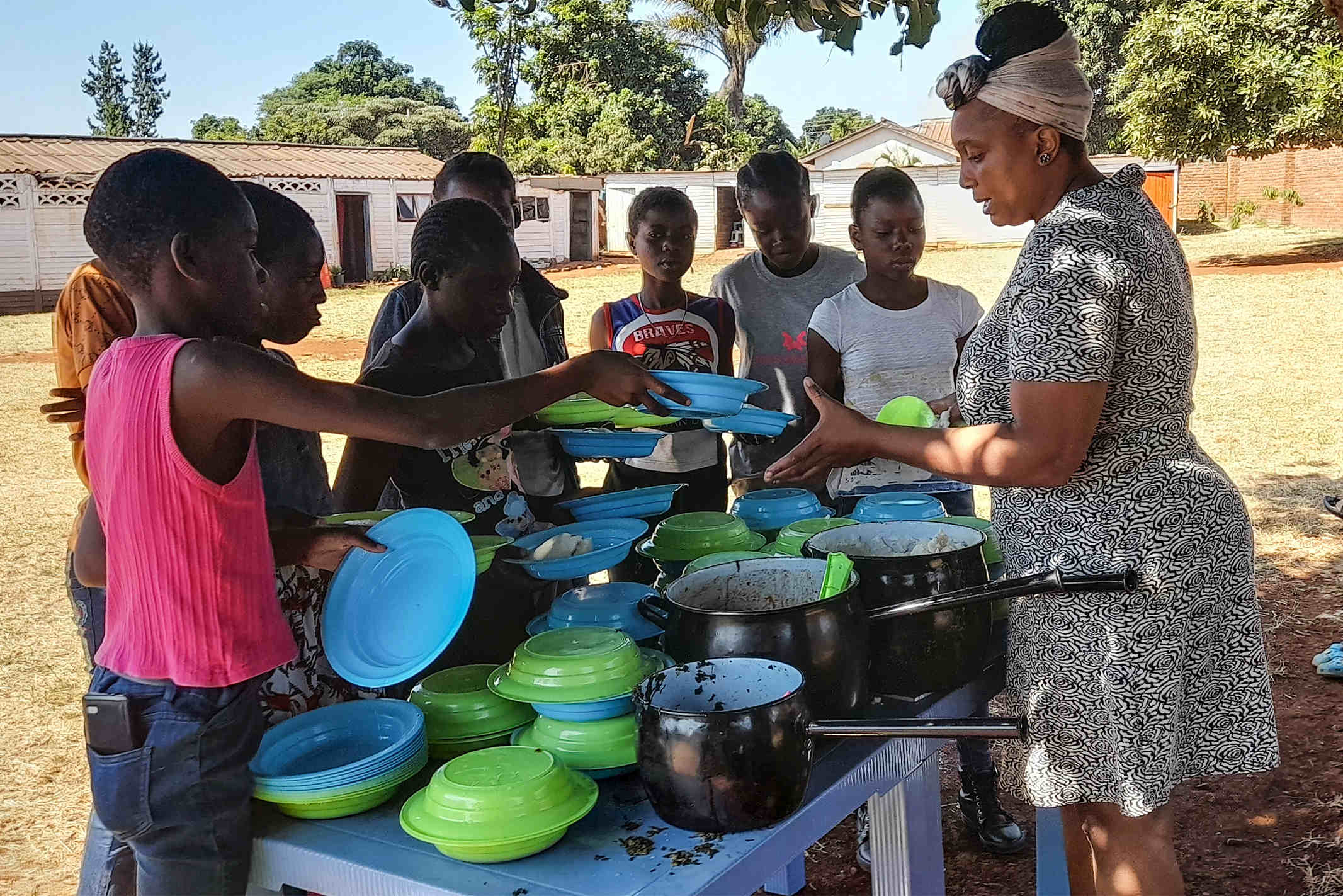
Population:
14.3 million
Evangelical population:
25.22%
People groups:
41
Unreached people groups:
2
Zimbabwe
Located in southern Africa, Zimbabwe is a tropical country slightly larger than Montana that features high plateaus and mountains. Over a quarter of Zimbabweans are evangelical Christians, slightly outnumbering the country’s animistic population. Unreached and least-reached people groups make up another 12.8 percent of the population.
Once a relatively prosperous nation, Zimbabwe began experiencing economic difficulties a decade after gaining independence in 1980. By 2008-9, the country had almost collapsed as annual inflation rates peaked at 89.7 sextillion (10^21) percent, the second worst episode of hyperinflation in recorded history. Much of the country’s infrastructure deteriorated and highly skilled professionals flooded out of the country. After abandoning the Zimbabwe dollar, the country stabilized significantly, but it is once again experiencing rapid hyperinflation after it introduced a new Zimbabwe dollar in 2019.
The economy is currently at its worst since 2008-9 with inflation rates approaching 1,000 percent. The World Bank estimated that as of 2019, 34 percent of the population were in extreme poverty. Families struggle to afford skyrocketing food costs, and doctors lack basic supplies and medications.
Meeting Needs in the Name of Jesus
Amid such dire need, native missionaries with one local ministry are seeing many turn to Christ as they holistically reach their people through evangelism, compassionate outreach, and community-based skill development programs.
The ministry has seen much fruit through street evangelism, one-on-one evangelism, youth ministry, school outreach ministry, tract distribution, and cell group ministry. Additionally, they provide Bibles to youth, schools, students in Bible school, drug addicts, married couples, the terminally ill in hospitals, pastoral groups, and churches.
As they share the gospel, they try to meet the many needs they encounter. Recognizing that only Jesus can truly meet physical and emotional needs, ministry workers always share the gospel immediately before providing aid.
The ministry has set up mobile soup kitchens to feed hundreds of elderly people who weren’t eating for days at a time and for school children who were eating only one meal of maize porridge per day. Children make up almost half of Zimbabwe’s population, and in many areas where the ministry works, there are not enough schools to accommodate them. In response, the ministry helped start three schools for poor children and orphans.
The ministry is also helping suffering people who cannot afford medical care by purchasing over-the-counter medications, connecting them with available medical professionals, and teaching them hygienic practices. On multiple occasions this intervention has been lifesaving.
Vocational training is another key area for their ministry, building up people who have dropped out of school, who were engaged in prostitution, or who simply need a way to become self-sufficient. The ministry is additionally working to restore hundreds of youth addicted to drugs.
Their compassionate work is especially important as ministry workers discovered desperate families converting to Islam in exchange for food, clothing, and free medical care. Although Muslims only represent 0.3 percent of the population, they exert disproportionate influence through such “free” aid. By contrast, this ministry’s compassionate aid is a tangible representation of Christ’s free gift of love.
Sources: Joshua Project, CIA World Factbook, Human Rights Watch, The Economist, World Bank, UNICEF, Forbes

How to Pray for Zimbabwe
- Pray that God would strengthen native missionaries to continue winning souls for His kingdom.
- Pray that God would raise up more laborers for the harvest in Zimbabwe.
- Pray that Christians facing difficult physical circumstances would trust in Christ for their every need, resisting the temptation to convert to Islam for immediate relief.
- Pray for regular support for hard-working missionaries in rural areas who struggle to meet their families’ basic needs.
More stories from Zimbabwe

Support Community Outreach in Zimbabwe
In one community, drinking and prostitution are rampant, and to reach the local people, native missionaries use feeding programs as an outreach tool. Before each meal is served, the ministry workers preach about the goodness of the Lord and give those present the opportunity to give their lives to Christ.

Restore Broken Relationships in Zimbabwe
A woman abused by her husband learned of Christ and accepted Him as Savior through the evangelism of native missionaries. She then became involved in a women’s ministry and learned of the power of prayer and the importance of committing your spouse to the Lord.

Support Sustainability Projects in Zimbabwe
Ministry workers taught a group of women in one community the importance of saving money and, after eight months, the women compiled their savings and hired a company to drill for water in their village. Previously, water was scarce, but now, the people can cook, plant vegetables, do their laundry, and practice improved hygiene.

Help Provide Aid to the Needy in Zimbabwe
In a country ravaged by drought and inflation, hunger is widespread. Three children in an area where a native ministry works recently collapsed at school from malnutrition, and workers added them to their feeding program. “We thank the Lord for bringing these children to us; it is a blessing to help the community,” the ministry leader said.

Help Plant Churches in Zimbabwe
A 40-year-old woman confined to a wheelchair since she was 4 years old had suffered sexual abuse as a child and lost her parents when she was 15. She was homeless when native workers met her and led her to Christ. “She could not believe that there are people who genuinely love her, minister to her and show her the right path,” the ministry leader said.

Provide Compassionate Aid in Zimbabwe
Learning of a widow who suffered partial blindness for five months, local Christian workers prayed she would be able to get an eye operation, though the costs were far beyond what anyone could afford. After more than three months, on faith they took her to a hospital – on a day when doctors happened to be doing eye operations for free.
